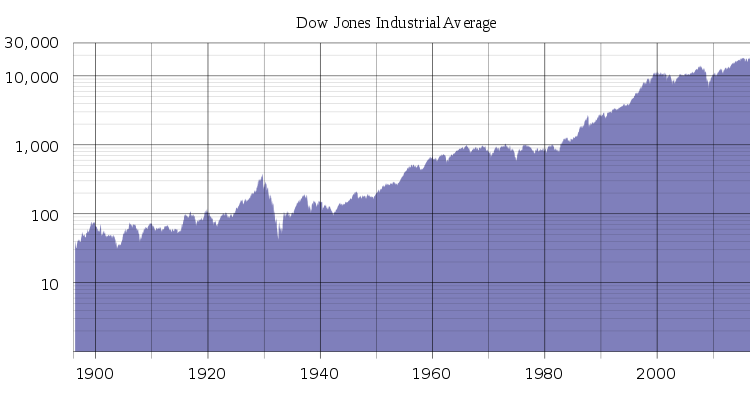Inflation rate drops in February, raising calls for rate cuts
- German inflation falls for a second straight month in February
- Consumer prices were 2.5% higher compared to the same month last year
- Core inflation remains steady at 3.4%
- Services inflation also remains stable at 3.4%
- Energy prices decline less steeply than in January
- Falling inflation could lead to calls for rate cuts by the European Central Bank
- French and Spanish inflation also decline on an EU-harmonized basis
- Money markets are pricing in a first rate cut in June
- Concerns remain for German consumers and the ECB
German inflation fell for a second straight month in February, with consumer prices rising 2.5% compared to the same month last year. Core inflation and services inflation remained steady at 3.4%. Energy prices declined less steeply than in January. The falling inflation rate could lead to calls for rate cuts by the European Central Bank. French and Spanish inflation also declined on an EU-harmonized basis. Money markets are currently pricing in a first rate cut in June. However, concerns remain for German consumers and the ECB.
Factuality Level: 8
Factuality Justification: The article provides factual information about German inflation rates in February, supported by data from the German statistics office Destatis and consensus forecasts. It also includes expert opinions and analysis from economists. The article does not contain irrelevant information, misleading content, sensationalism, or bias. Overall, the reporting is objective and based on verifiable data.
Noise Level: 3
Noise Justification: The article provides a detailed and relevant analysis of German inflation trends, including key data points and expert opinions. It stays on topic and supports its claims with evidence and examples. However, it lacks actionable insights or solutions for the reader, which prevents it from receiving a higher rating.
Financial Relevance: Yes
Financial Markets Impacted: The article provides information on German inflation, which is a significant contributor to eurozone data. This data can impact financial markets and the European Central Bank’s monetary policy decisions.
Presence Of Extreme Event: No
Nature Of Extreme Event: No
Impact Rating Of The Extreme Event: No
Rating Justification: The article discusses inflation data in Germany, which is relevant to financial markets and monetary policy decisions. However, there is no mention of an extreme event or its impact.
Private Companies: KfW development bank
Key People: Fritzi Koehler-Geib (Chief Economist at KfW development bank)
 www.marketwatch.com
www.marketwatch.com 





